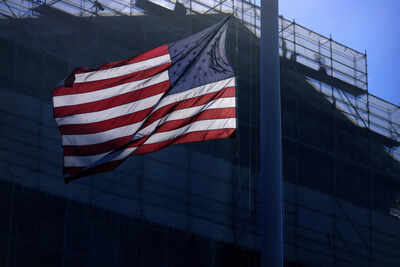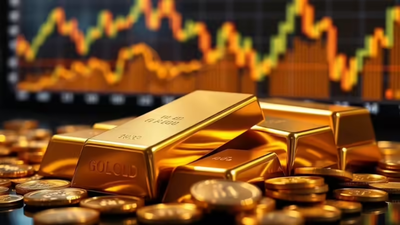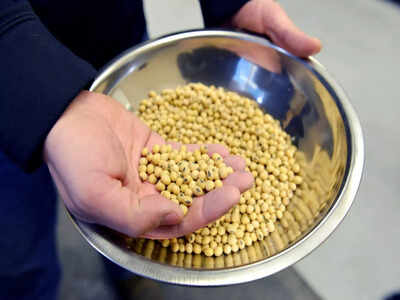US tariffs: Trump’s $2,000 rebate for Americans — Here’s what you need to know!

US President Donald Trump has revived one of his most unusual economic ideas, sending rebate cheques to Americans funded by the tariffs his administration has imposed. The announcement comes amid growing concerns about affordability across the United States.“People that are against Tariffs are FOOLS!” Trump wrote on Truth Social on Sunday. “A dividend of at least $2000 a person (not including high income people!) will be paid to everyone.”
The president’s pitch builds on similar statements made in recent months. Back in August, Trump announced, “We’re taking in so much money that we may very well make a dividend to the people of America.” His claim is that the payments would come directly from the tariff revenue collected from US importers rather than taxpayer funds, a structure he argues sets it apart from the pandemic stimulus cheques distributed in 2020 and 2021.While importers are the ones who pay tariffs upfront, economists note that much of that cost is passed on to consumers through higher prices. Trump’s idea, therefore, would attempt to redistribute the same money that Americans have indirectly paid through tariffs, CNN reported.The proposal drew a cautious response from treasury secretary Scott Bessent, who said on ABC’s This Week that there is no formal plan to issue such payments. He added that Trump’s mention of a $2,000 figure “could come in lots of forms,” including adjustments related to untaxed tips, overtime or Social Security payments.The US treasury has reported that total tariff revenue collected stands at more than $220 billion, covering both tariffs imposed under Trump’s leadership and those established before his presidency. However, as per the Internal Revenue Service’s figures over 163 million Americans filed tax returns in 2024. Which means that if each filer received $2,000, the total cost would reach about $326 billion, far more than the revenue available. Even with an income cap at $100,000, roughly 150 million adults would still qualify, requiring around $300 billion, Erica York, vice president of federal tax policy at the Tax Foundation told CNN.Despite the shortfall, Trump claimed there would still be funds left to reduce the national debt. “All money left over from the $2000 payments made to low and middle income USA Citizens, from the massive Tariff Income pouring into our Country from foreign countries, which will be substantial, will be used to SUBSTANTIALLY PAY DOWN NATIONAL DEBT,” he wrote on Monday.A White House official declined to give details on eligibility, saying only, “The Administration is committed to putting this money to good use for the American people,” in a statement to CNN.If the plan moves ahead, the timeline for payments would likely vary. During the pandemic, Americans who opted for direct deposits received funds within a week of approval, while those waiting for paper cheques often had to wait nearly five months.
Legal and political uncertainty
The legality of the plan could face scrutiny in the Supreme Court, which has signalled concern over the administration’s use of emergency powers to impose tariffs. Nearly $100 billion of the total collected stems from those powers. A ruling against the administration could force a refund to businesses, significantly reducing available funds for any rebate programme.Beyond the courts, Congress would also have to approve the payments. The legislative branch controls federal spending, and past stimulus cheques required its consent. Whether Trump could gather sufficient support remains unclear, according to CNN.Historically, direct payments to households have been issued during recessions or national emergencies. With the economy not currently in either condition, economists warn that rebate cheques could intensify inflation, the very issue many Americans cite as their top concern. If inflation rises, the Federal Reserve may be compelled to increase interest rates again, creating fresh political and economic pressure.






